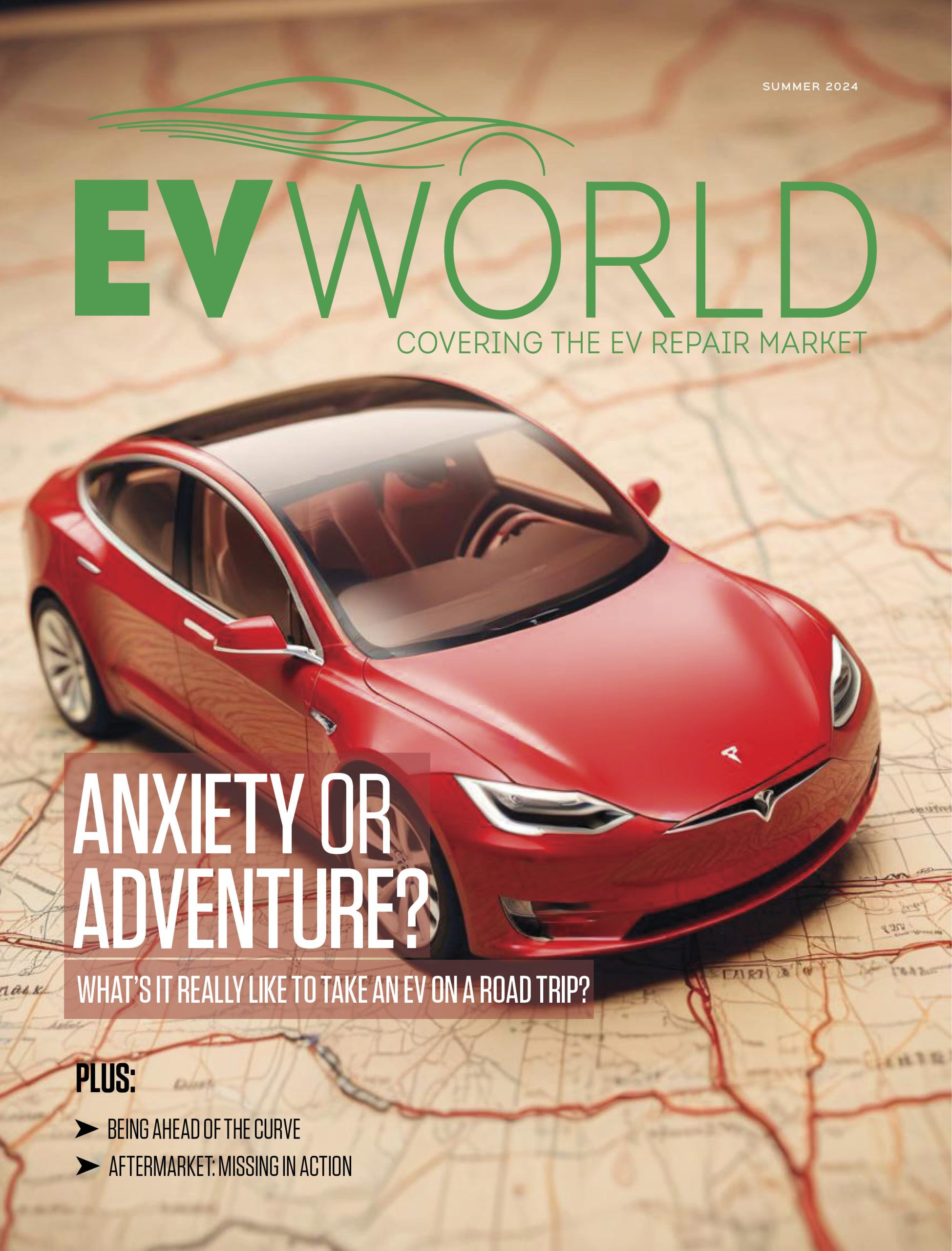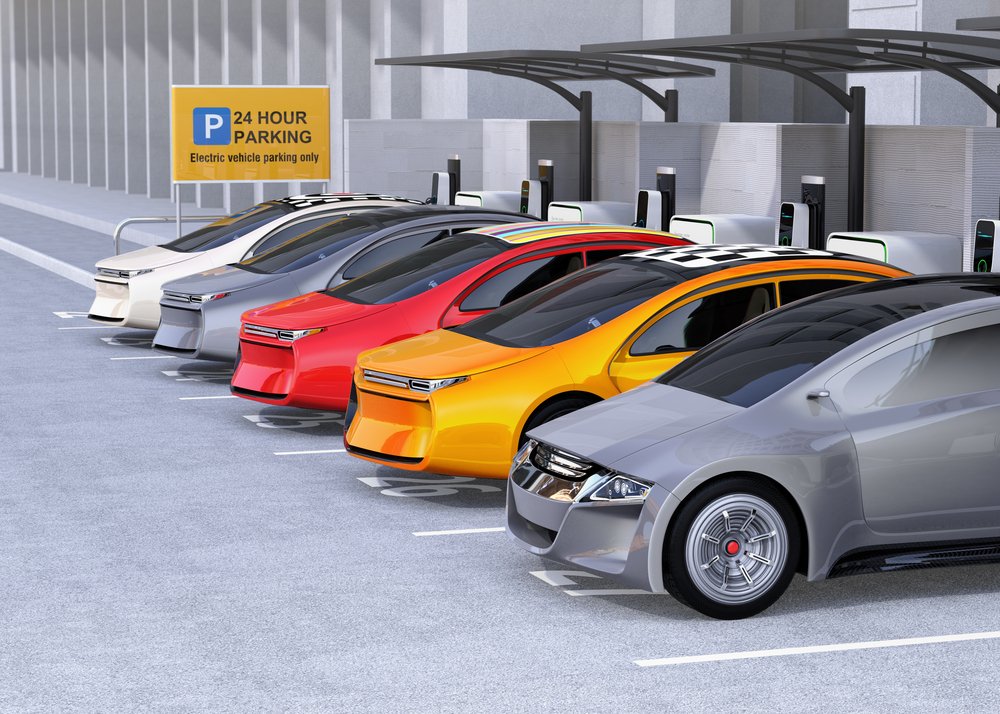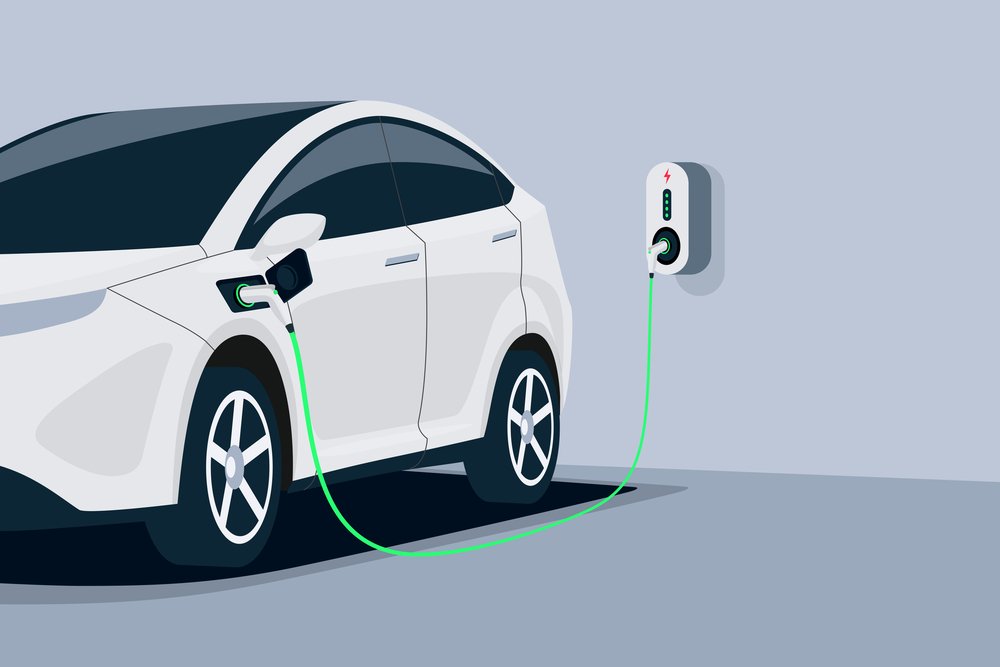
New regulations proposed towards the end of last year mean that on-in-five of all passenger vehicles sold in Canada need to be electric by 2026.
Environment Minister Steven Guilbeault announced the proposal Dec. 21. Furthermore, the mandate will hit 60 per cent by 2030 — up from initial expectations of half. Five years later, all passenger vehicles sold in Canada must be electric.
Manufacturers or importers that don’t meet the baseline could see a phased-in penalty system under the Canadian Environmental Protection Act
For 20 per cent of new vehicles in Canada sold to be electric, some work needs to be done. While zero-emission vehicle sales are picking up, they made up 8.2 per cent of market share up to the third quarter of 2022. The year before, that number was at 5.3 per cent.
Not to mention increased infrastructure and rebates, a trio of automotive industry groups recently called for.
The feds did announce it would invest in 50,000 more EV charging stations across the country, for almost 85,000 federally-funded chargers across Canada by 2027.
Under the regulations, which were formally published a few days ago, the government will track sales by issuing credits for vehicle sales.
Fully electric vehicles — cars and trucks —would get a larger credit than plug-in hybrids under the new government regulations. The government did acknowledge, however, that plug-in hybrids will likely remain in demand in rural and northern areas.













Leave a Reply